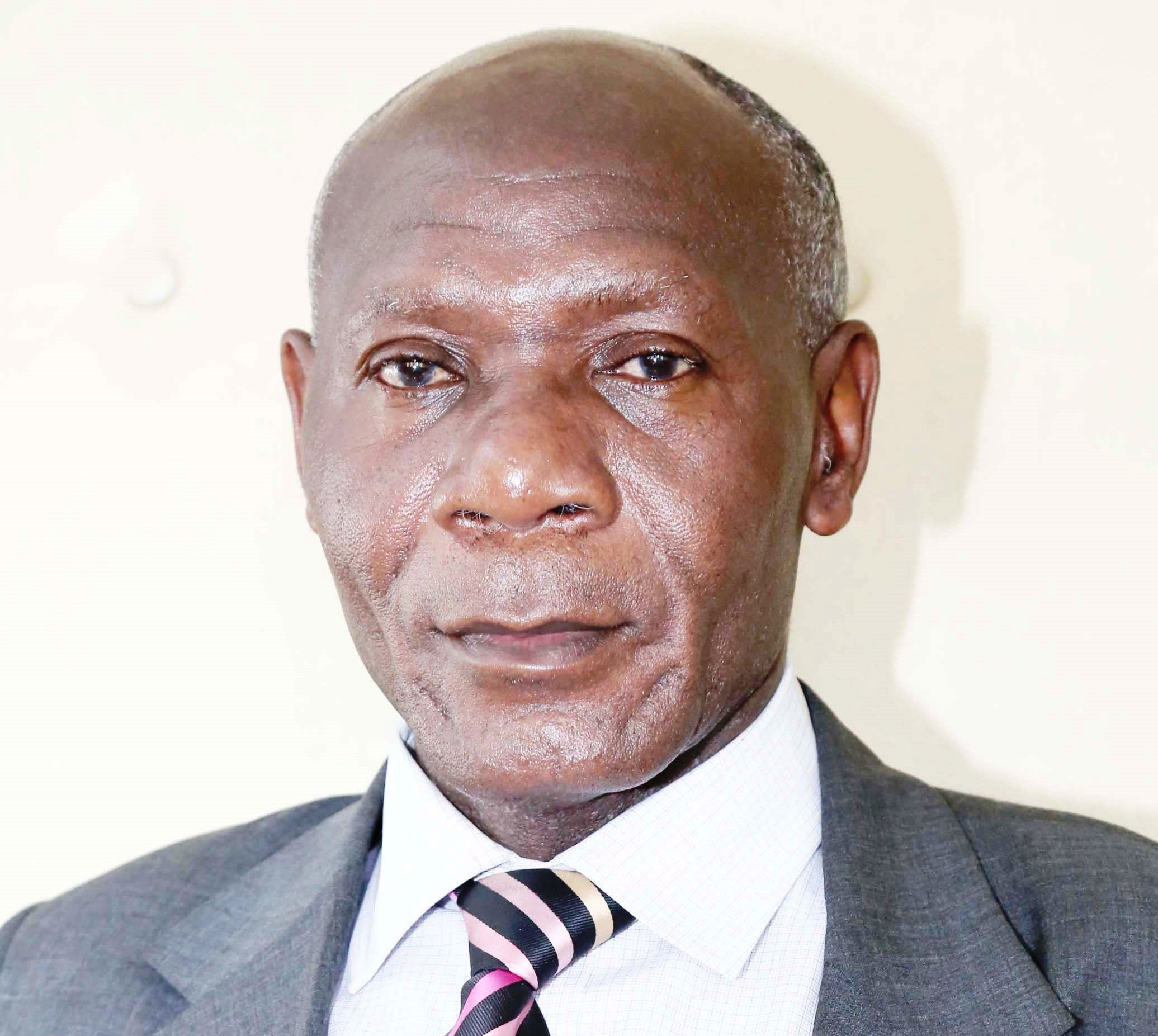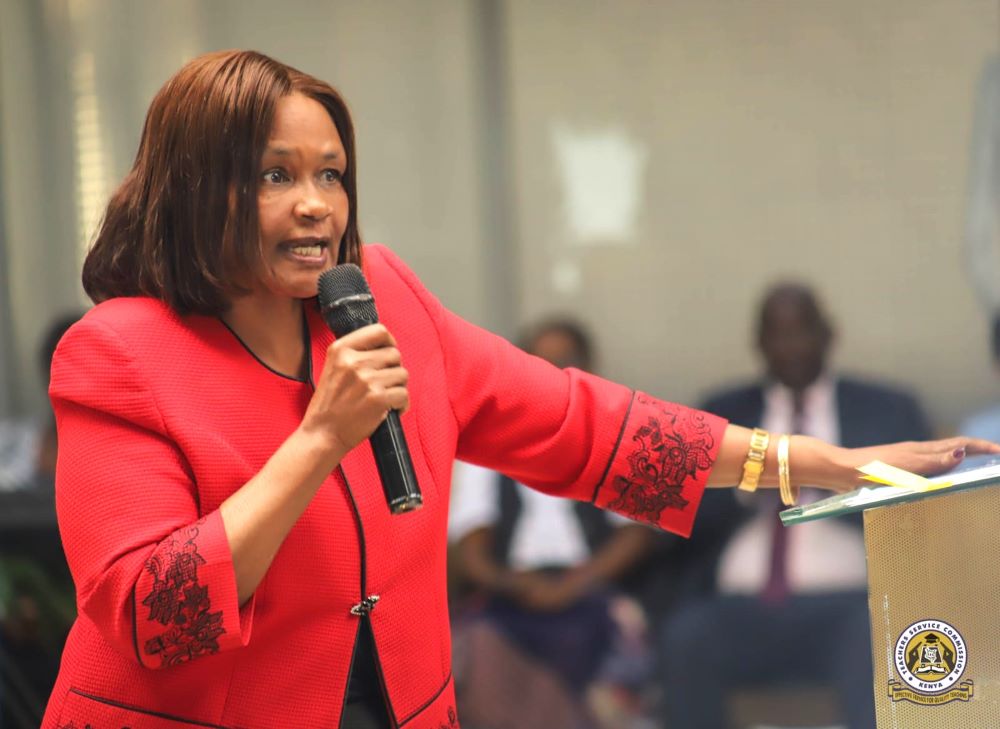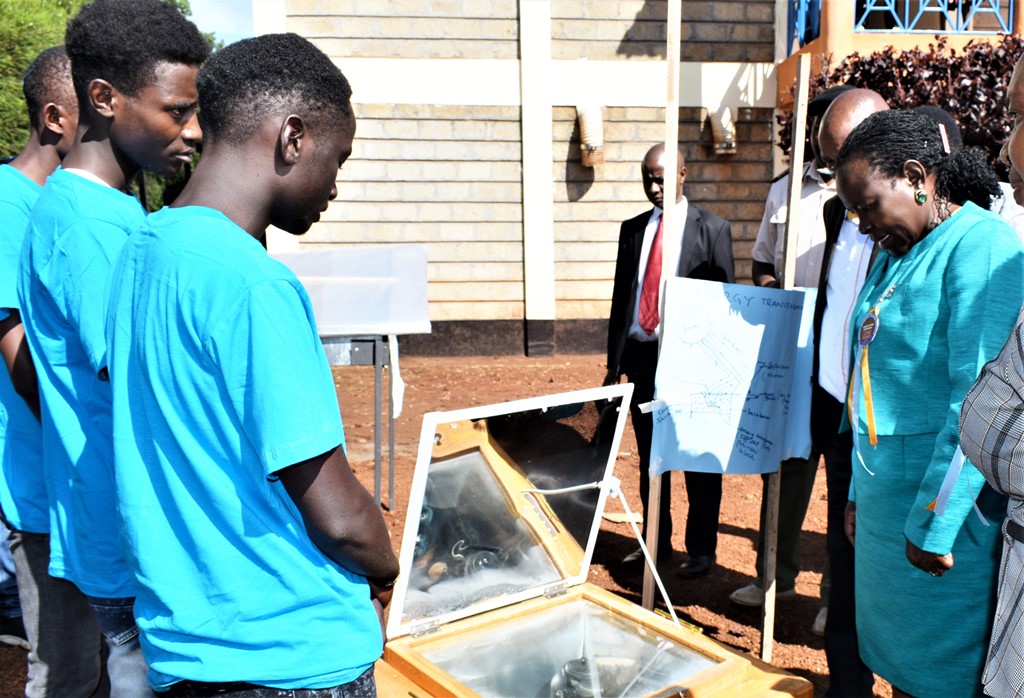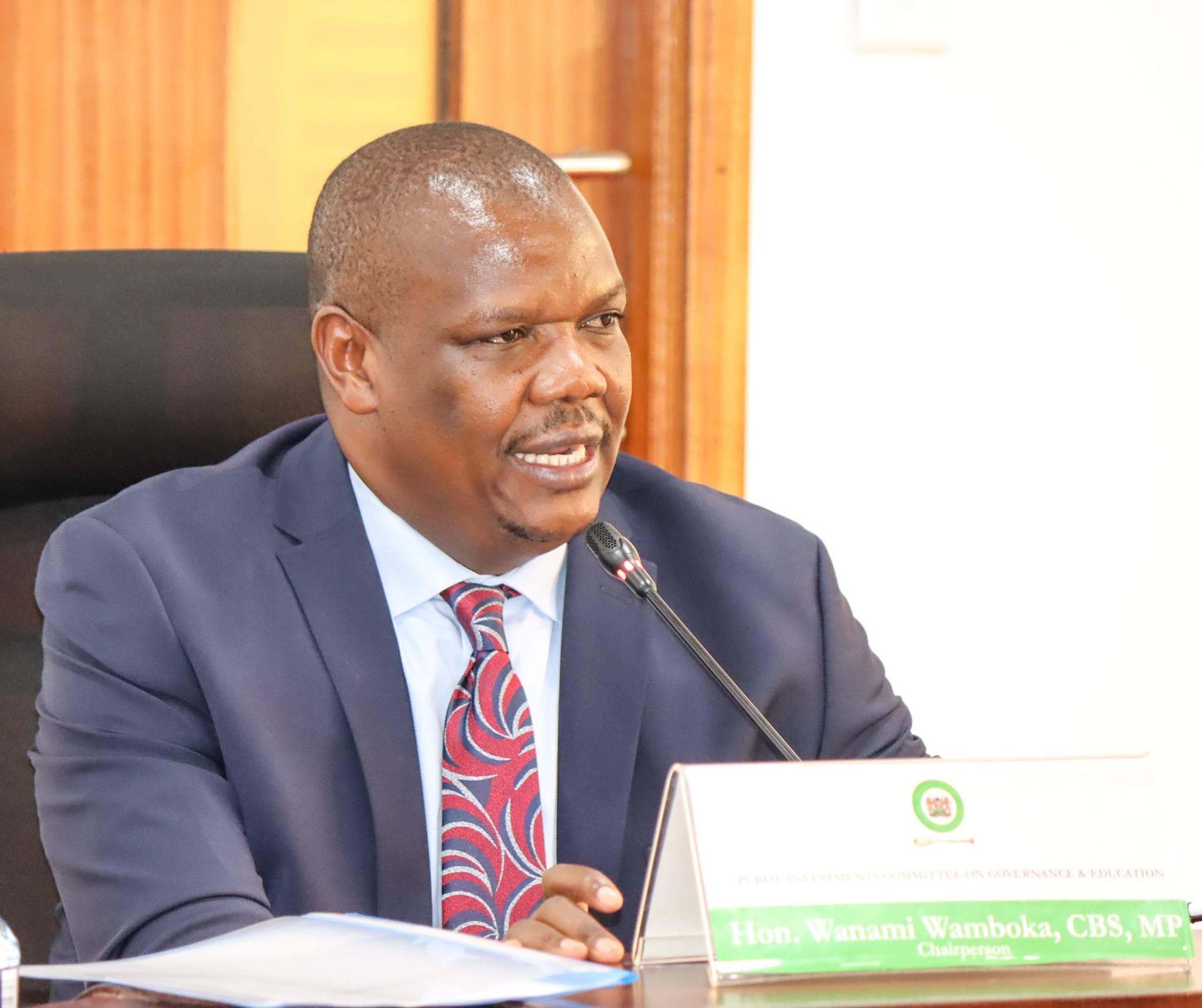Sometimes in the year 2000, a young man, hardly 20 years old, visited me, saying he wanted me to teach him how to write.
He told me he had seen my articles in the local newspapers and wanted me to teach him to write.
I was intrigued and fascinated in equal measure with the request. Here was a young man fascinated with the written word. Majority of young people of his age, just like most educated adults, care little about the niceties of writing.
I was intrigued for two reasons.
Firstly, the young man had reportedly performed extremely well in his KCSE. He had scored a mean grade of A- in KCSE and a straight A in English.
Secondly, he had attended one of the oldest High Schools in this country—it had even an Advanced Level Class—having been established in 1940. I knew the school had one of the finest libraries a student with purpose and ambition would make good use of—having had four years of his secondary education there.
I couldn’t therefore understand the roots of his problem given the school should have exposed him to the best fund of knowledge the richly stocked library at his old school had.
I didn’t raise these musings with him. All I, however, told him was that I wouldn’t teach him how to write as I myself hadn’t been taught how to write either. Instead, I told him that I would tell him the kind of books he should read if all he wanted was to learn how to write.
I asked him the number of books he had read which had similar literary standards of the set books he had studied for his Literature in English syllabus. The Ministry of Education has maintained the highest possible standards in the choice of set books for Literature in English.
In general, the set books meet satisfactory standards of literary works across the world. Most of the books have impeccable artistic qualities. The books also make you see new earths and new heavens, perspectives that no other subject gives students.
Alarmingly, the young man had not read books equal to the aesthetic and educational rigour as the set books he had studied. Incidentally, the world of literature—the books containing the best that has been thought, said and done—is so vast. Kenya has a fair share of such books. So does Uganda, South Africa, England, Continental Europe, Asia, and the Americas.
READ ALSO:
Transport halted on Kiambu Road as KIST students protest assault
Apart from novels, plays and poetry, we have great nonfictional works like autobiographies, biographies, letters by great men and women who have shaped civilizations, speeches, reports, and other forms of writing that have immense educational value and power.
Ordinarily education consists in having a bowing acquaintance with representative samples of the best thought systems in the humanities and the social sciences, to say nothing of man’s understanding of the natural universe. Mathematics, Biology, Physics, and Chemistry is about Animal and Plant life and the natural world. We have great writers with an intellectual orientation who have written on natural sciences with an artistry that surpasses some of the well-known writers in fiction.
All these bodies of knowledge are available in school libraries. Or the libraries ought to have them. They are available in schools whose administration appreciates the ultimate purpose education—the 12 years of basic education. At the core of this education is developing basic literacy and numeracy as tools for navigating what British sociologist, Micheal Young calls Powerful knowledge. According to Young, powerful refers to what knowledge can do or what intellectual power it gives to those who have access to it. It enables students to better understand and explain the world.
The prescribed curriculum or syllabus is a slice or an abstract of this powerful knowledge—exposure to this trains the mind to think logically, see things in a new way and by so seeing, framing issues, questions and solving them.
The men and women who wrote these books did not write them for students. They addressed contemporary issues and problems, offering new frames of reference to old problems. The overall aim was to persuade the rulers and influential section of the populations to see things in their own way. The greatest tool they used to do this was expression or communication of their ideas in a clear, simple and fluent manner.
A writer is a reader moved to writing. A good writer is a reader of good works woven to writing.
Great writing is modelled on great writers whose books the writer read with understanding and empathy.
This is more less the substance I shared with the young man.
I didn’t teach him to write. I wanted him to know that to write, you must have something to write. That something lies in the great books. It is not enough to speak or write well. You must have something worth speaking or writing about.
At the end of our conversation, the young man expressed surprise that he had done very well in English with little writing ability. Nor did he think he knew as much as he thought he knew. The assumption is that a person who gets excellent grades knows virtually everything under the sun.
I sent him away with a few books. Models of book he ought to read, going forward. I also assured him that he would in the end, master writing skills as he desired. Now that he knows he doesn’t know.
The young man has come of age. He has not only matured in age; he has also expectedly matured in his literary abilities. He knows how to speak and write well. He has, in the language of CBC, exceeded expectations. I occasionally see him not only standing before the powerful; he sits down with them—listening and talking to them. And they listen. Because he now has something worth saying—and writing.
I need not mention his name here.
By Kennedy Buhere
You can also follow our social media pages on Twitter: Education News KE and Facebook: Education News Newspaper for timely updates.
>>> Click here to stay up-to-date with trending regional stories






